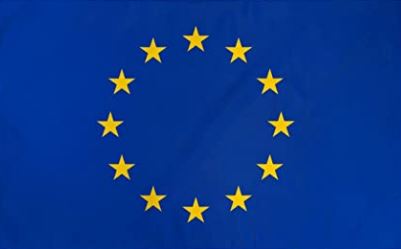This is the second payment of a EUR 42 million grant made available through budget support by the European Union under the DEEP
Mahnoor Ansar
ISLAMABAD: The European Union is disbursing nearly PKR 2.2 billion (EUR 10 million) to the Government of Sindh to strengthen the implementation of provincial education policies.
This is the second payment of a EUR 42 million grant made available through budget support by the European Union under the Development through Enhanced Education Programme (DEEP).
This direct financial support creates opportunities to accelerate access to quality education for all children in the Sindh province, as a foundation for future training and skills development and engagement in productive employment. The programme fully aligns with the Sindh School Education Sector Plan & Roadmap 2019-2024 with a focus on priority reform areas in governance, enrolment and teaching quality. UNICEF provides complementary technical assistance to strengthen the Sindh School Education and Literacy Department’s (SELD) responsive capacity and systems to plan, manage and deliver quality and equitable education.
The Sindh Minister of Education, Mr. Syed Sardar Ali Shah, highlighted,“Education continues to be one of the key priority areas for Government of Sindh. We aim at improving access to equitable, inclusive and quality education for all to realize their fullest potential and contribute to the development of society and economy, thus creating sense of nationhood, inculcating values of tolerance, social justice and democracy. SELD has come a long way in remodeling the edifice of education in collaboration with the Donors, development partners and civil society. The contribution of European Union in the shape of Development through Enhanced Education with budgetary support allocation of 42 million Euros is quite commendable. This will not only help in carry out the activities of Education Sector plan 2019-24, but also bring forth the quality education in Sindh.”
“Education and learning are fundamental to development and growth. We welcome the latest reform implementation measures by the Government of Sindh; these include the updated school clustering policy and continuous professional development model for teachers as well as the increased digitalization of monitoring systems”, commented the Ambassador of the European Union to Pakistan, Dr. Riina Kionka. “A lot, however, still remains to be done with an estimated 6 million children who are still out of school, of which over half are girls. The European Union remains a committed partner to the Government of Sindh in improving the quality of education and ensure access for all boys and girls in the province.”
The European Union’s support to primary and secondary education is a priority area under the European Union-Pakistan Strategic Engagement Plan, which serves as a guide for bilateral relations between the two sides and aims to further enhance engagement and work towards addressing emerging global challenges.

















